Die Elektrifizierung von Taxiflotten in China und Deutschland
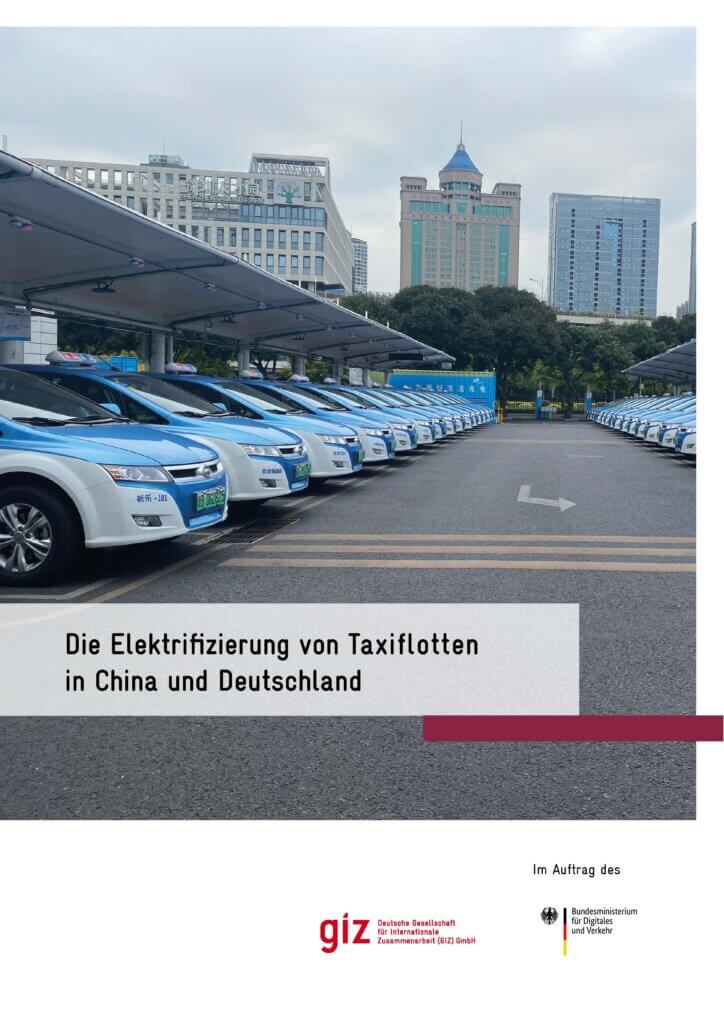
The electrification of large vehicle fleets, especially taxi fleets, is a necessary component for achieving international and national climate targets. This measure can also make an important contribution to reducing particulate matter and noise pollution in cities. In China, local governments are increasingly intervening in the design of urban taxi fleets through regulatory measures by […]
Electrification of Taxi Fleets in China and Germany – Status Quo and Policy Recommendations
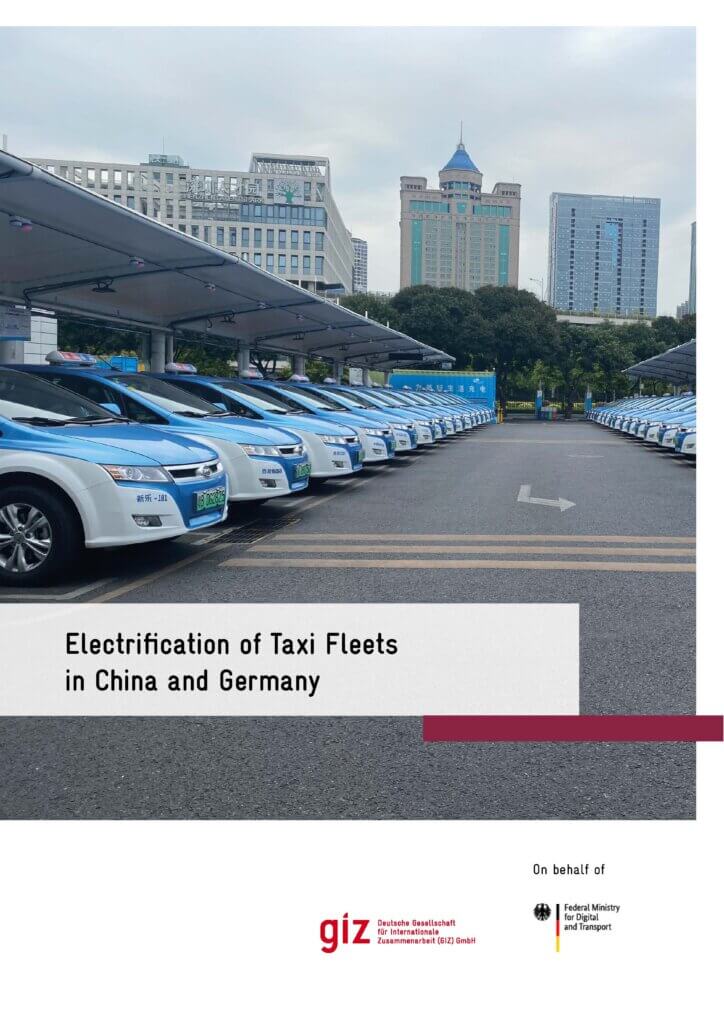
The electrification of large vehicle fleets, especially taxi fleets, is a necessary component for achieving international and national climate targets. This measure can also make an important contribution to reducing particulate matter and noise pollution in cities. In China, local governments are increasingly intervening in the design of urban taxi fleets through regulatory measures by […]
Promoting China’s Transition Towards Sustainable Transport Integration
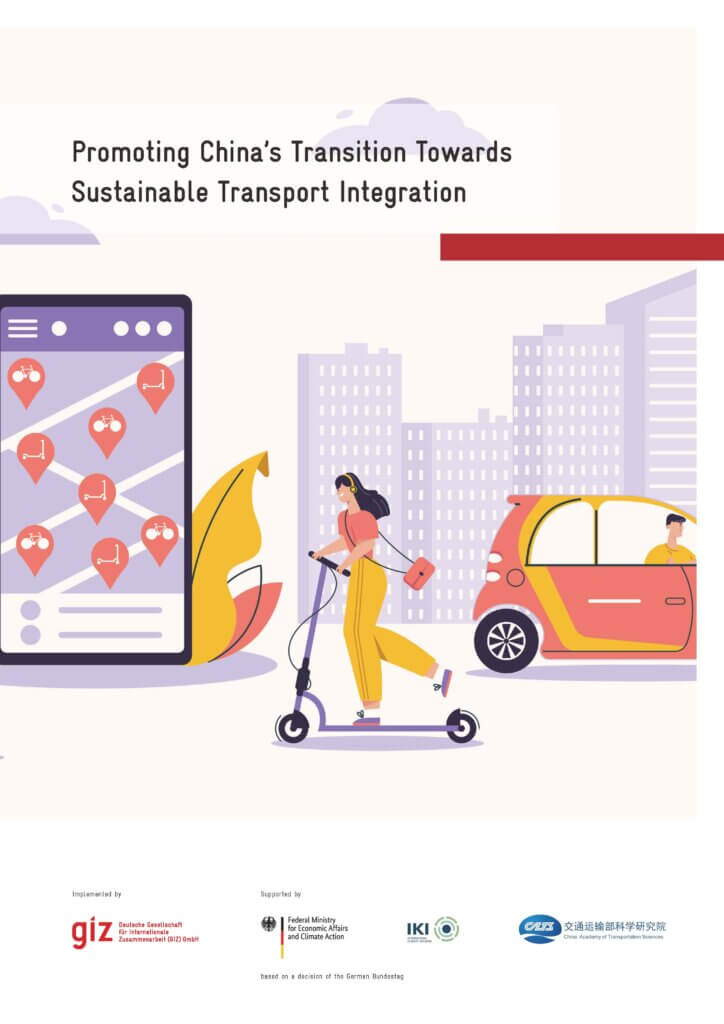
This study aims at laying out the institutional foundations for the creation of a MaaS ecosystem, integrating MoD and traditional transport modes with the goal of contributing to more effective, seamless, inclusive, and climate-friendly transport systems in China. Policy recommendations at the institutional level are therefore provided, aimed at ensuring the sustainable promotion and regulation […]
A Study on the Optimization of the Bus Network and Exclusive Bus Lane Planning for the City of Tianjin
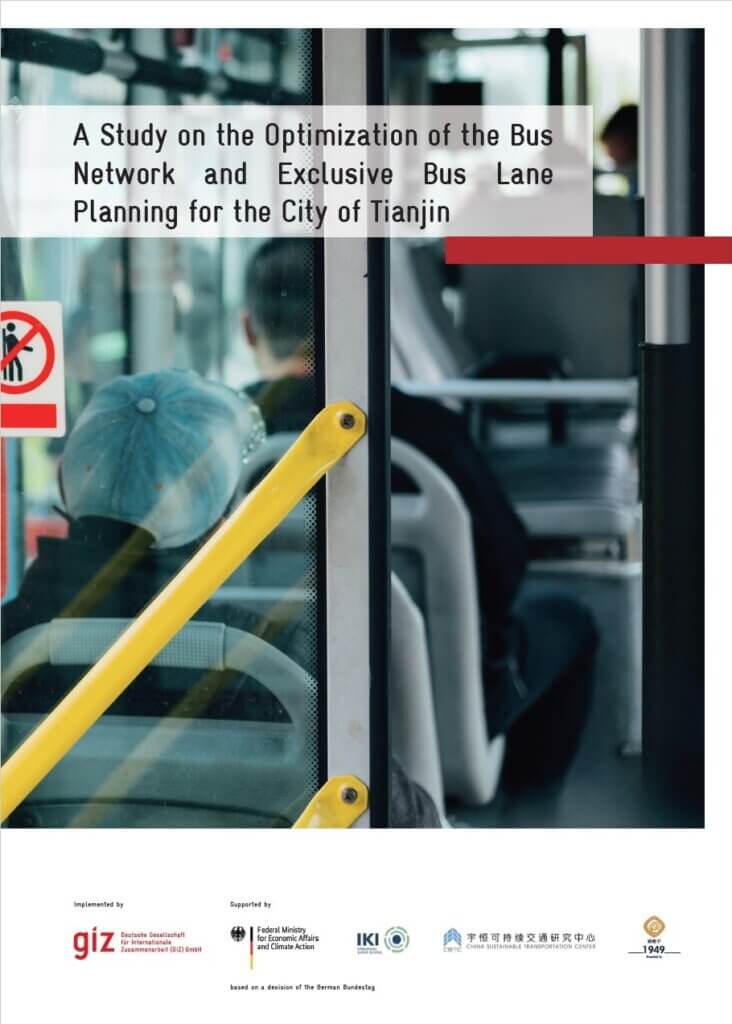
The objective of this study is to assist the transport authorities of Tianjin to comprehensively improve the service level of Tianjin’s bus system through bus network and bus lane planning, and thus improve the efficiency and climate friendliness of the city’s public transit network. The study assesses identified problems related to Tianjin’s bus network and […]
Study on Traffic Flow Optimisation in Smart Cities
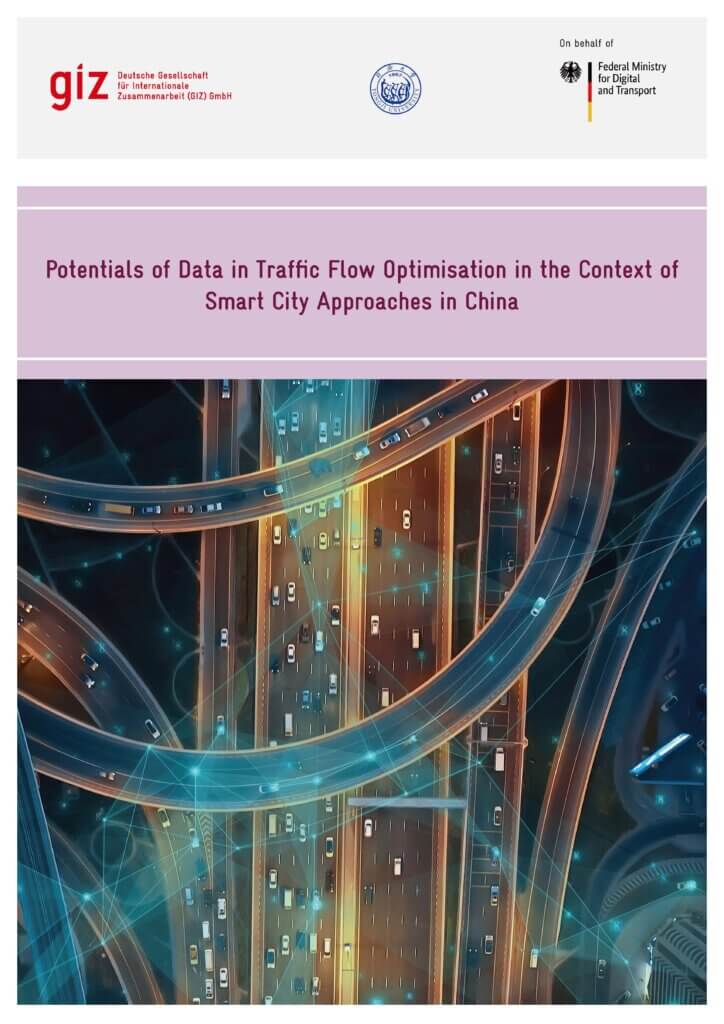
Smart cities seek to transform urban spaces to be technologically advanced, more efficient, sustainable and socially integrated. Countries around the world, spearheaded by China, which has adopted smart city development as a national strategy and a focus of its future economic and urban development strategy, are driving the global smart city market. By using smart […]
Overview on China’s 14th Five-Year Plans in the Transport Sector
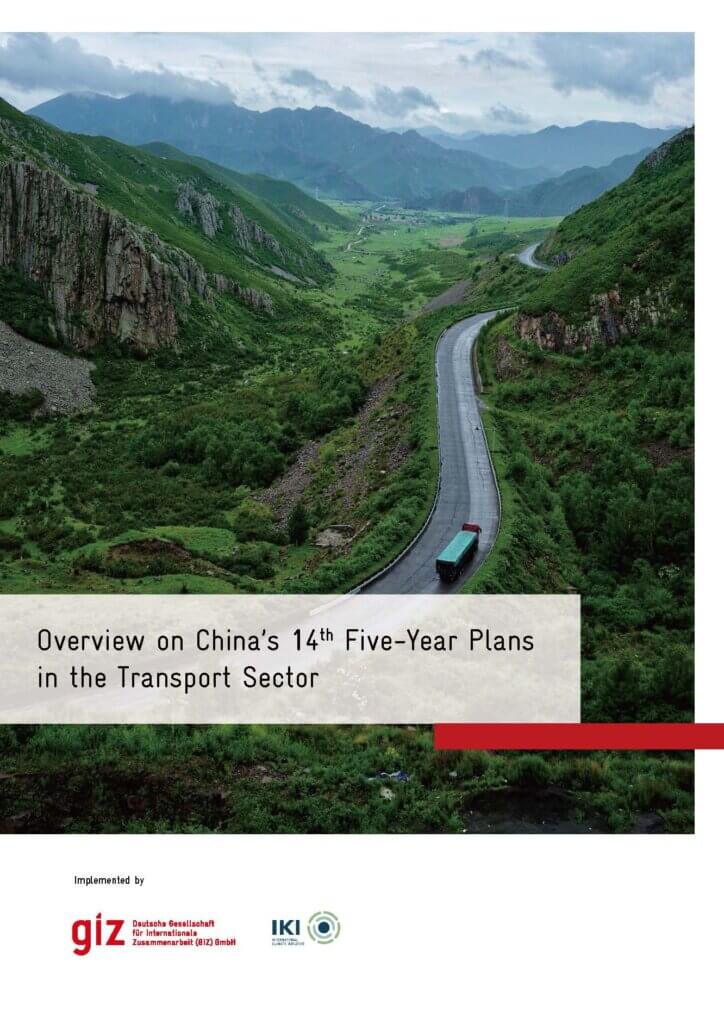
This paper aims at providing a comprehensive overview of the 14th Five-Year Plans (FYPs) relevant to the development of China’s transport sector until 2025 and beyond. The paper summarises the key elements, priorities and goals of the plans and draws a picture of the general development direction of transport in China. The focus of China’s […]
Zero Emission Freight Initiative Launched at WNEVC 2022 in Beijing
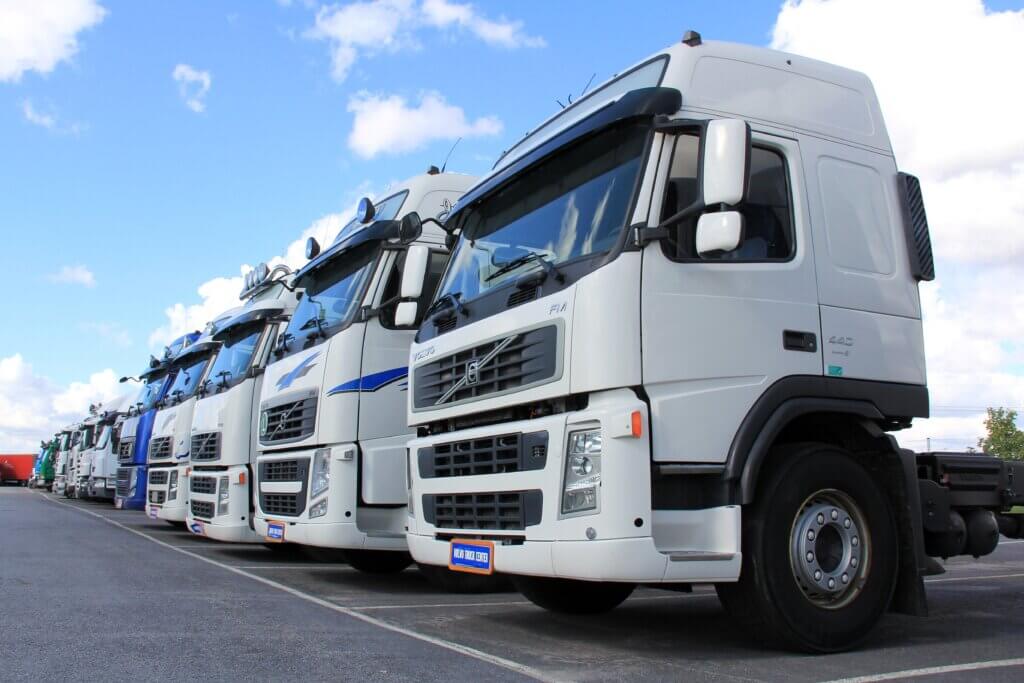
On 26th August 2022, GIZ together with Smart Freight Centre (SFC), Energy Foundation China and other institutes have co-hosted the Zero Emission Medium and Heavy-Duty Commercial Vehicles Forum at the World New Energy Vehicle Congress (WNEVC) 2022[1]. The Zero Emission Freight Initiative (ZEFI), industry voluntary platform, has been launched at the Forum.
The Climate Finance Gap Fund to support the city of Xianning with early-stage project preparation for climate-resilient plans and integrated transport
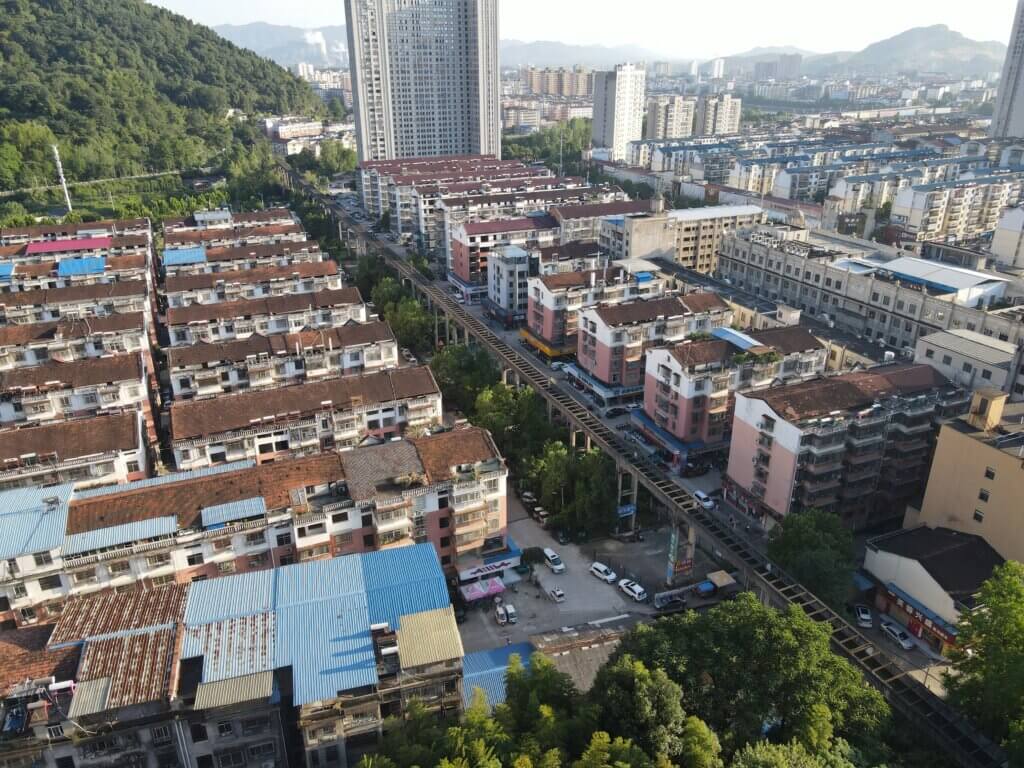
GIZ, on behalf of the City Climate Finance Gap Fund (The Gap Fund), is currently implementing a technical assistance (TA) project to the city of Xianning on its early-stage development of a comprehensive transport infrastructure project concept. The project concept includes both climate change mitigation and adaptation components, such as waterway and greenway, public transport and cycling, water and wastewater infrastructure, and urban regeneration.
Study on Traffic Flow Optimisation in Smart Cities [CN]
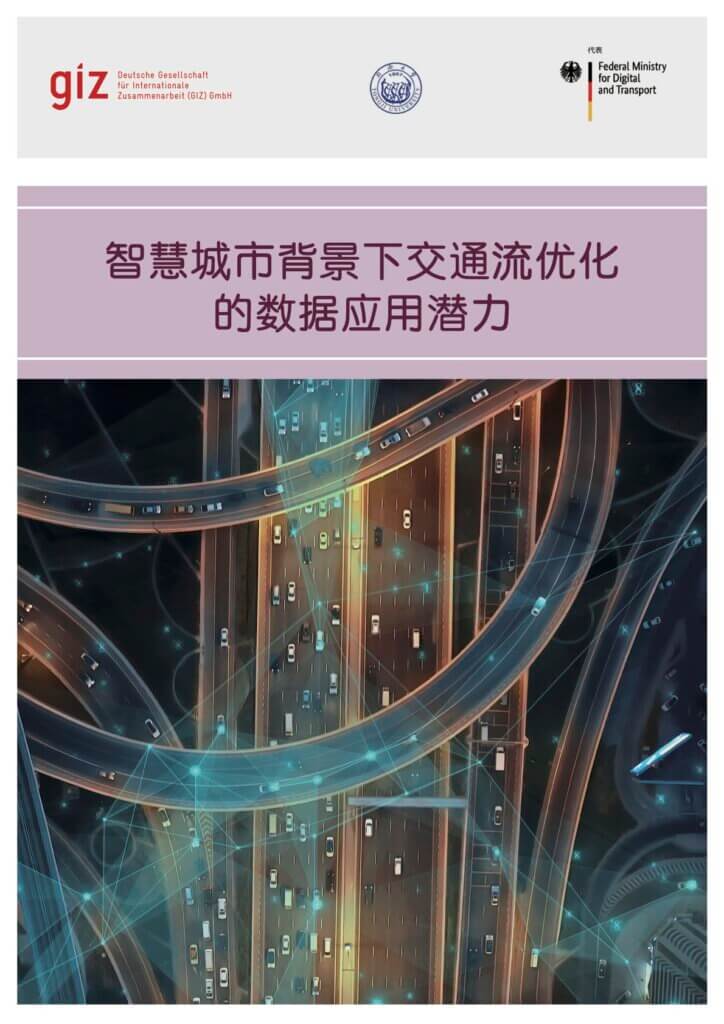
Smart cities seek to transform urban spaces to be technologically advanced, more efficient, sustainable and socially integrated. Countries around the world, spearheaded by China, which has adopted smart city development as a national strategy and a focus of its future economic and urban development strategy, are driving the global smart city market. By using smart […]
Decarbonising China’s Transport Sector – Workshop on Developing Road Transport Carbon Emission Models for Chinese Cities
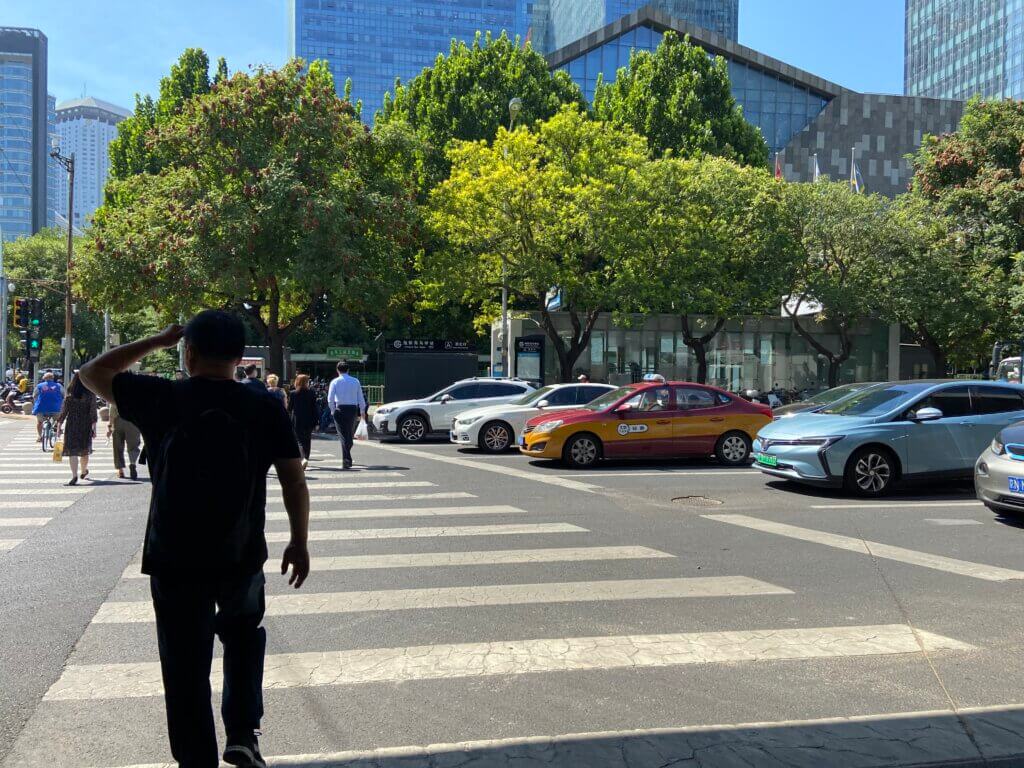
To support Chinese cities by engaging experts and decisionmakers at municipal and provincial levels in introducing best practices from Europe and China in city-level transport emissions model development and applications, a workshop on Decarbonising China’s Transport Sector was held online on 15th August, 2022. This workshop explored the current challenges and opportunities for the establishment of transport emission models and facilitating peer-to-peer learning among Chinese cities/provinces, with a focus on introducing modelling methodologies for urban transport emissions in Chinese cities.

